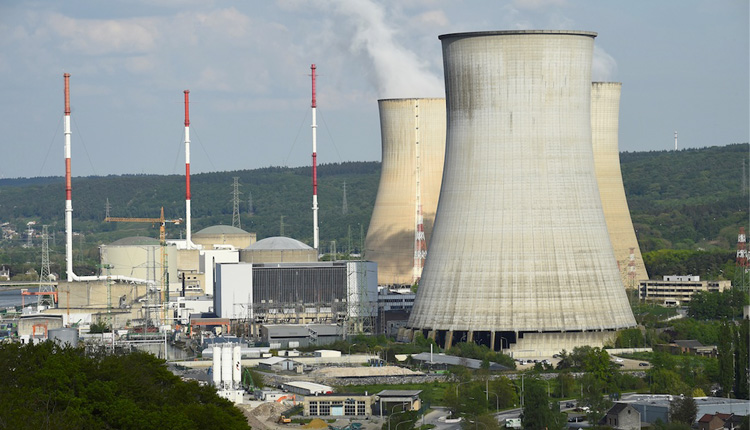‘’What can a developing country like Egypt gain from the presence of nuclear energy on its land?,” aquestion that has been on table since the announcement of the partnership between the Russian state-owned Rosatom and the Egyptian Atomic Energy Authority, to build a Nuclear Power Plant (NPP) in El Dabaa.
Egypt has been exploring how it will benefit from this long term agreement. The reality is that this new project is a very lucrative one for Egypt.
First and foremost, introducing nuclear energy in Egypt will greatly and certainly improve Egypt’s energy supply security. That is to say, Egypt is mostly reliant on natural gas for power generation, and while Egypt possess an abundant reserve that would last for 43 years, growing energy demands, fueled by dynamic growth rate of the Egyptian population estimated at 1.3% per year, fastens the depletion rate of these reserves.
In fact, the International Atomic Energy Agency (IAEA) projections show that the Middle East’s energy demands are set to increase from 81% to 114% by 2050. Furthermore, research shows that Egyptian energy security will decrease by 2030, unless more ambitious policies and initiatives are taken by the government. Low energy security puts the globe in economic, technical, political, social, and regulatory risk for a variety of reasons, and we should thus pay great attention when it comes to maintaining energy security.
In this regard, Egypt has decided to implement several initiatives in the energy sector, to reduce the dependence on gas and enhance its energy mix, this in fact, will be fulfilled through the establishment of El Dabaa nuclear power plant.
The future of energy lies in a diversified balanced mix of low-carbon energy that ensures affordability, security of supply, and a minimal impact on the environment. Nuclear energy lifecycle produces clean energy free of carbon dioxide as well as wind and solar power plants.
There’s a massive and rapid scaling of proven renewable technologies like wind and solar, but realistically, a carbon free economy is not a mountain renewable can scale alone. That’s why, we have to expand, rather than constrain, the carbon-free options that will team-up.
According to World Nuclear Association “Nuclear energy is a proven and reliable clean energy technology that has already been deployed at scale. Nuclear is the second largest source of low-carbon electricity generation worldwide. In 2019 nuclear and renewables together generated more electricity than coal fired power stations, according to IEA’s report”
It’s worth mentioning that nuclear energy is a stable energy source, as it does not depend on specific weather conditions in order to be engendered. Indeed, nuclear energy can be utilized to compensate the inevitable declined production of other energy supplies, when weather conditions are not optimal, and this is due to its predictable and stable energy output. In terms of energy efficiency, it doesn’t require much land capacity to produce huge amount of energy unlike renewables. This makes nuclear energy one of the most viable solutions for ensuring energy supply security in the future.
Regarding the environmental impact, stabilizing energy resource by moving towards nuclear energy will have a myriad of consequences. To further explicate, transitioning towards nuclear energy will replace more harmful, not to mention rapidly depleting, non-renewable energy sources such as coal and oil.
The overall output of pollution from a nuclear power plant is negligible compared with energy production from fossil fuels, this reduction in greenhouse gases is a great indicator of how switching to nuclear energy can help reduce our effect on global climate change in the long run.
Nuclear energy has always been regarded as the sanctuary for the developing countries. For instance, this clean energy would aid Egypt obtain the nuclear technology necessary for making Egypt a strategic pioneer in the energy field in the region and worldwide.
Returning back to stabilizing energy supplies, staying ahead of the curve in terms of nuclear technology will allow Egypt to generate and export significant amounts of energy to other countries, a feature that will become of extreme relevance in the future, given that there is a projected global energy demand increases, and simultaneous shortage in supply. This will turn Egypt into a key player when it comes to forming strategic partnerships with other key global actors in the fields of energy supply and nuclear research and technology.


